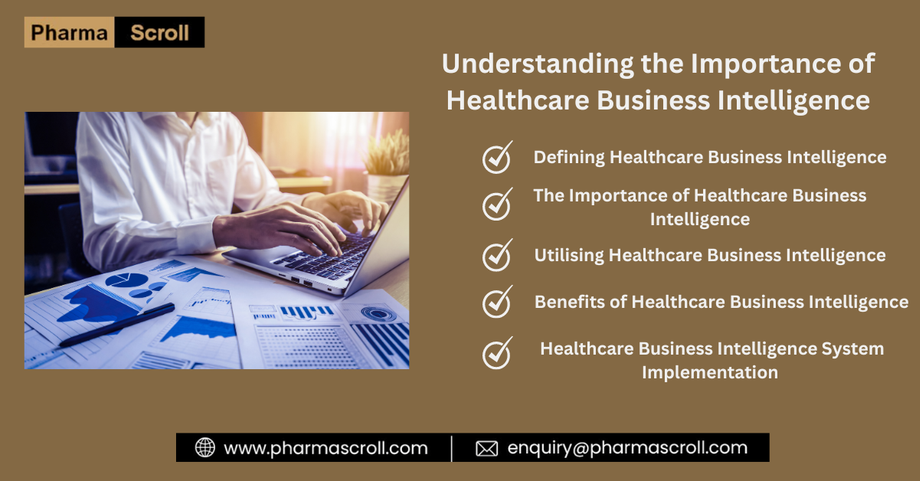Healthcare businesses are striving to deliver better services and care to their patients while maintaining operational efficiency. Healthcare Business Intelligence (BI) is a crucial component that has proven to be helpful to players in the industry. The implementation of healthcare BI has revolutionized operations in the sector. It is essential to understand what healthcare BI is, why it is important, and how it can be used to improve healthcare business operations.
Defining Healthcare Business Intelligence
Healthcare BI is the practice of assimilating data from various sources within the healthcare industry and transforming it into meaningful and actionable insights. Healthcare BI systems require the gathering of information from administrative systems, electronic health records, claims data, quality measurement systems, and patient-generated data sources. Healthcare BI systems require that these different data sources be integrated into a centralized data storage system. BI analysis of this data can provide healthcare businesses with valuable insights into their operations.
The Importance of Healthcare Business Intelligence
Healthcare BI can be essential when it comes to improving healthcare operations. It can help businesses to better understand the current state of their operations, identify issues and areas that need improvement and develop strategies to optimize existing processes. BI can also help healthcare businesses to identify funding opportunities, reduce operational costs, and maintain regulatory compliance. Through healthcare BI, businesses can also develop predictive analytics and forecast upcoming trends, and take proactive countermeasures to minimize the impact.
Utilizing Healthcare Business Intelligence
One of the critical components of utilizing healthcare BI is advanced analytics. Advanced analytics can take a business's existing data and provide multiple ways to analyze patterns and outcomes. This data can be used to identify patients that might face adverse outcomes and come up with preventative measures. This technology can also be used to identify unnecessary treatments, wasted resources, and improve resource allocation. Many advanced analytics technologies include machine learning that assists healthcare business in identifying patterns and trends.
Benefits of Healthcare Business Intelligence
The benefits of healthcare BI are numerous and translate into better healthcare service delivery. Healthcare businesses can take this information and develop targeted treatments, preventive healthcare strategies, and ensure resource optimization. Healthcare BI systems can also improve patient satisfaction by delivering personalized care accurately and quickly. Healthcare businesses can also use healthcare BI to improve their operational efficiency, reduce administrative costs, and engage more effectively with patients.
Healthcare Business Intelligence System Implementation
Patient information is sensitive and can be harmful when in the wrong hands. Thus, healthcare businesses must implement healthcare BI systems that adhere to regulatory compliance. The cost of implementing and maintaining a BI system can be high for some businesses. However, through cloud-based services, healthcare businesses can quickly get started with BI systems without having to spend huge capital on infrastructure.
Conclusion:
Healthcare BI has revolutionized healthcare business operations and will continue to do so. By utilizing BI to make data-driven decisions, healthcare businesses can increase efficiency and reduce expenses, improve patient satisfaction, and optimize treatment plans. Healthcare businesses must choose a healthcare BI system that suits their business needs and ensure proper regulatory compliance when handling patient data. It is a matter of time before healthcare businesses no longer ask whether they should implement BI systems, but when they should implement them.
Learn More: https://rb.gy/xndzz
Contact us: enquiry@pharmascroll.com

